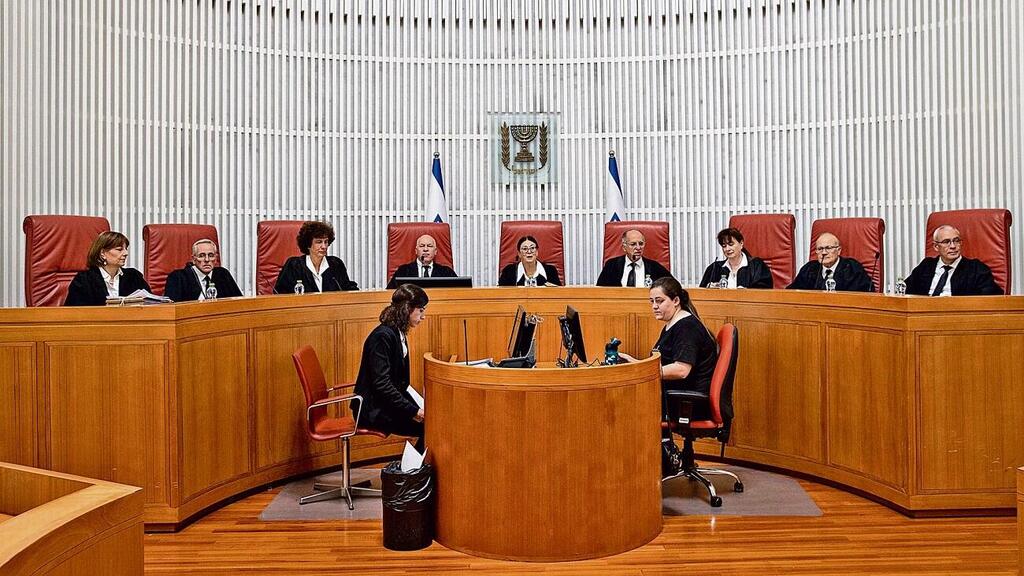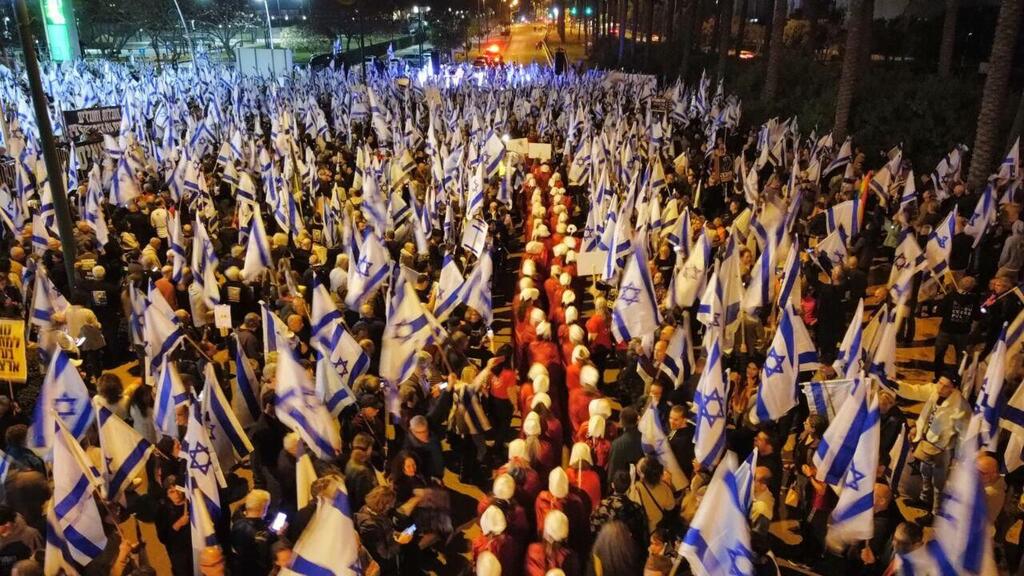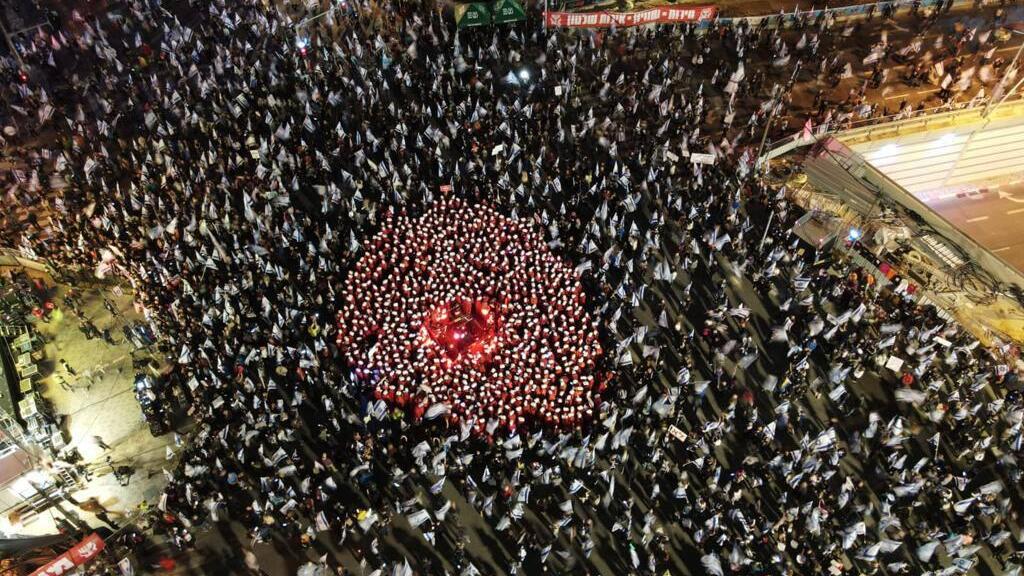For 56 years, we've been sweeping under the rug core issues of Israel’s national identity - the border dispute and conflict with the Palestinians – and impressively defined it as "conflict management".
Along with it, we've been ignoring an even older core issue with which we're afraid to deal - the relationship between religion and state in Israel, which we naively called "the status quo."
We neglected these issues because we were afraid of clashes, of tearing apart the social fabric, and because we believed that we weren't ready to find a solution. Maybe we were simply just wrong.
Throughout all those years, while these issues were hidden from sight, they festered and accumulated anger, frustration, and resentment. The neglect allowed for a slow annexation to take place, with its only purpose being apartheid, which becomes a breeding ground for Palestinian terror, and extremist Jewish groups like the hilltop youth.
Mix all of this with the inequality in sharing Israel’s burden of security and economy, directly related to the relationship between religion and state, and you end up with a growing and spreading wave of hatred and violence that sweeps all areas in our lives.
From time to time, issues emerge from under the rug, and with Israeli creativity, a variety of solutions have been found.
They include paving special military roads in the Gaza Strip, a West Bank barrier that scars the land, generous funding for Haredim and their release from the shared burden in exchange for political compliance, and a collection of statements, promises, plans, and initiatives that were written for the drawer.
In recent years, however, reality has made it abundantly clear that these dilemmas and disputes can’t be brushed under the rug again. Even the leaders of the religious-nationalist and Haredi sectors have realized this.
Therefore, they’ve coalesced around Benjamin Netanyahu and Arye Deri, who are driven by personal legal interests, and together they’re taking advantage of political opportunities to lead to decisive moves on core issues in Israel.
Their only way to do so is by grinding the legal barriers inherent in a democratic system, and on their ruins, they’ll exploit the current coalition majority to enforce a one-sided decision.
While doing so, they’ll enable corruption, deepen rifts, destroy Israel’s security and economic systems, and turn the only Jewish and democratic state into an apartheid state ruled by dictatorship.
Now, nothing more can be swept under the rug, and we must look to the future.
The path that will allow the continued existence of Israel in its image described in the Declaration of Independence - requires, first and foremost, a halt to the legislative processes of the "judicial overhaul," followed immediately by a joint discussion that will lead to agreements based on a word we fear uttering in Israel: a constitution.
Yes, a constitution. Its absence fills the most room under the carpet. Challenges and difficulties stood before David Ben Gurion and the other founding fathers, but they managed to overcome them, although with great effort.
Now is the time for Israel to have a constitution that will be agreed upon by a solid majority of the public and will serve as a compass and basis for agreements in the central dilemmas that will stand before us in the future.
The public debate that will lead to its consolidation will test the presupposition that the vast majority in Israel is rational and wants to live a quiet life.
Some may say, "how can a public that can’t agree on minor issues like banning leavened products in hospitals or budgeting for settlements agree on a constitution?" Well, that's a test we must endure because the alternatives are disastrous.
The cynicism, doubts, and fears of failure are legitimate, but still, we have an obligation to try. Israel’s history has proven more than once that even if things seem impossible, they can happen. This is the mission of 2023’s generation, and if we can draw faith and courage from those who were here in 1948, we’ll make it.
From here on, the road will still be long, but clear. Based on the constitution, necessary bills will be enacted and principles for legislative and judicial procedures will be defined, while preserving the spirit of the Declaration of Independence and the guiding principle of equality before the law.
Special attention will be given to real improvements that are required, such as ensuring a diversity of judges on the Supreme Court which will reduce the burden on the system, and shorten legal procedures.
Meanwhile, maybe the economy will stabilize, and IDF reservists will likely continue to volunteer. The government will be free to fight crime and ensure the safety of its residents.
There’s no other alternative. Any compromise will only postpone the end, and in the meantime, disputes will intensify and democracy-destructive initiatives will increase in number. This crisis presents an opportunity, one that likely won’t return in the future.
Eyal Melamed is a former department director at the Israeli intelligence agency the Mossad.






